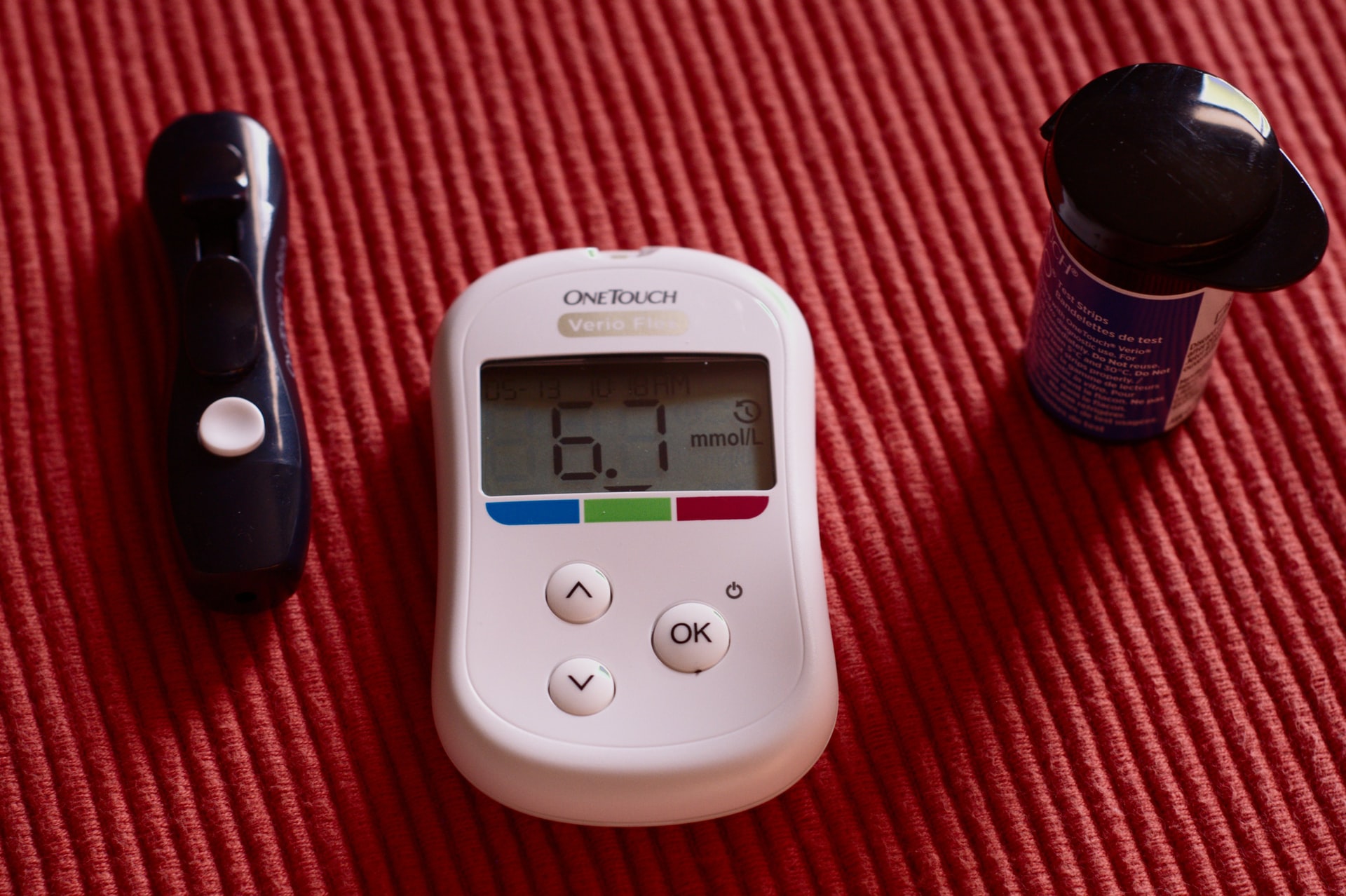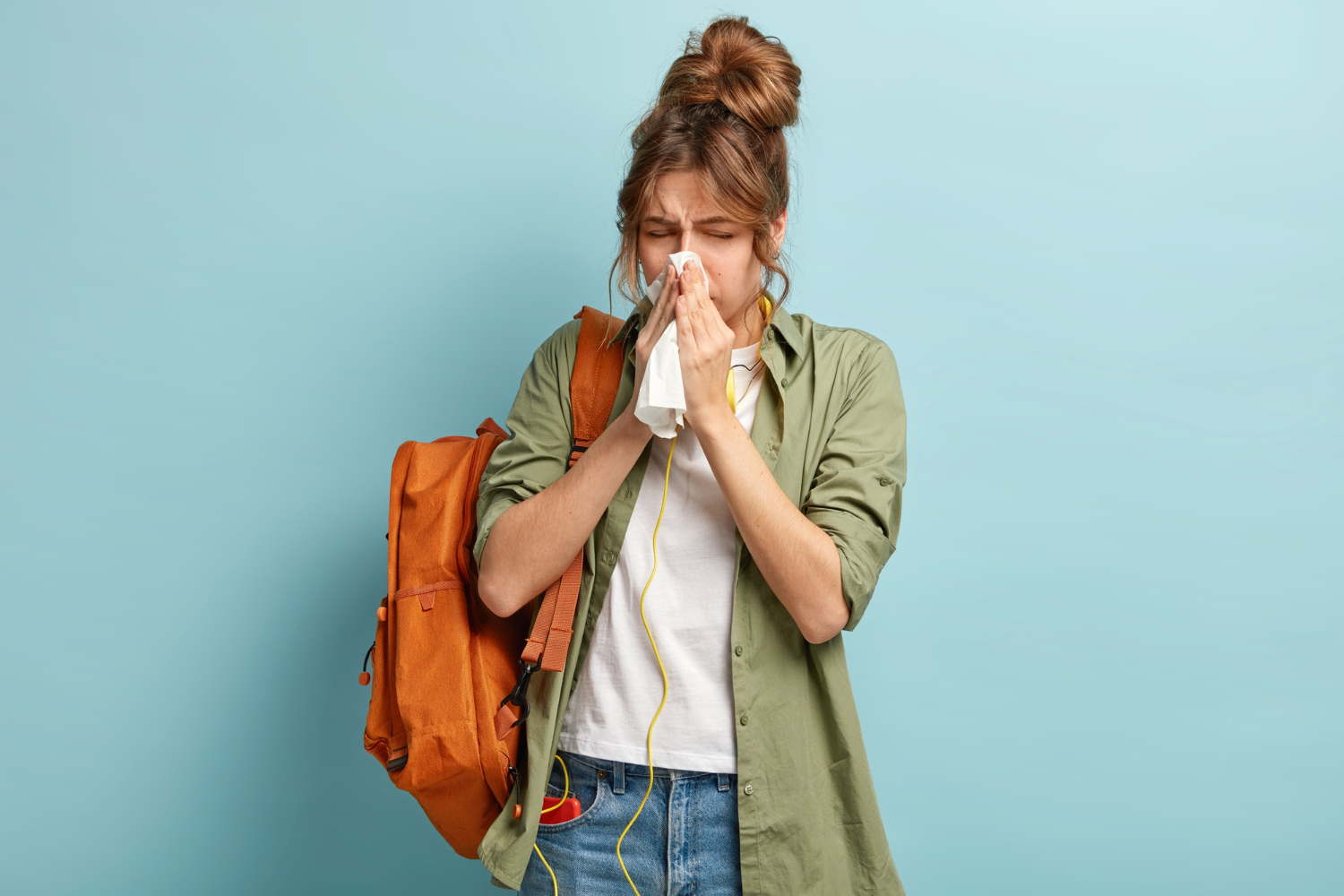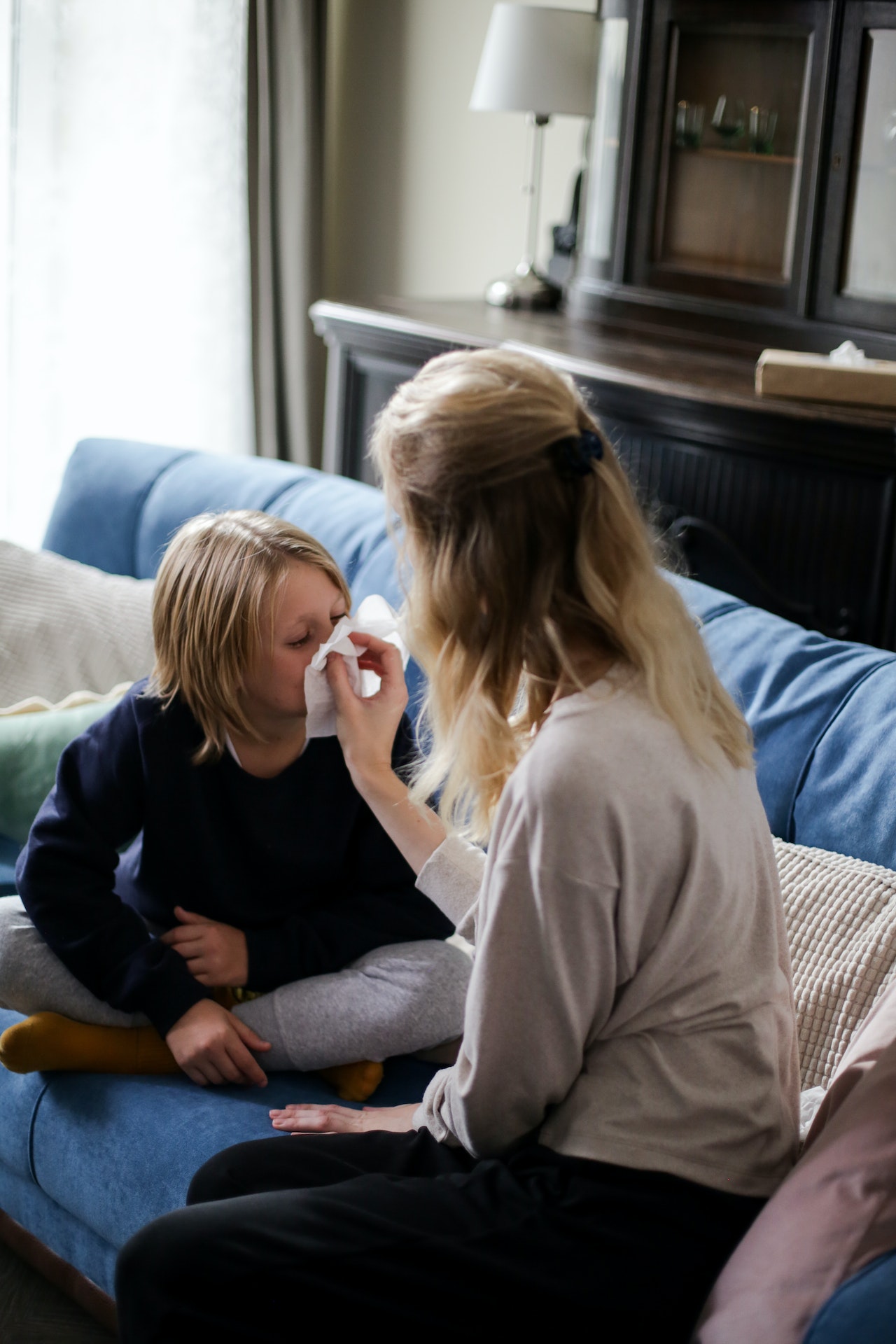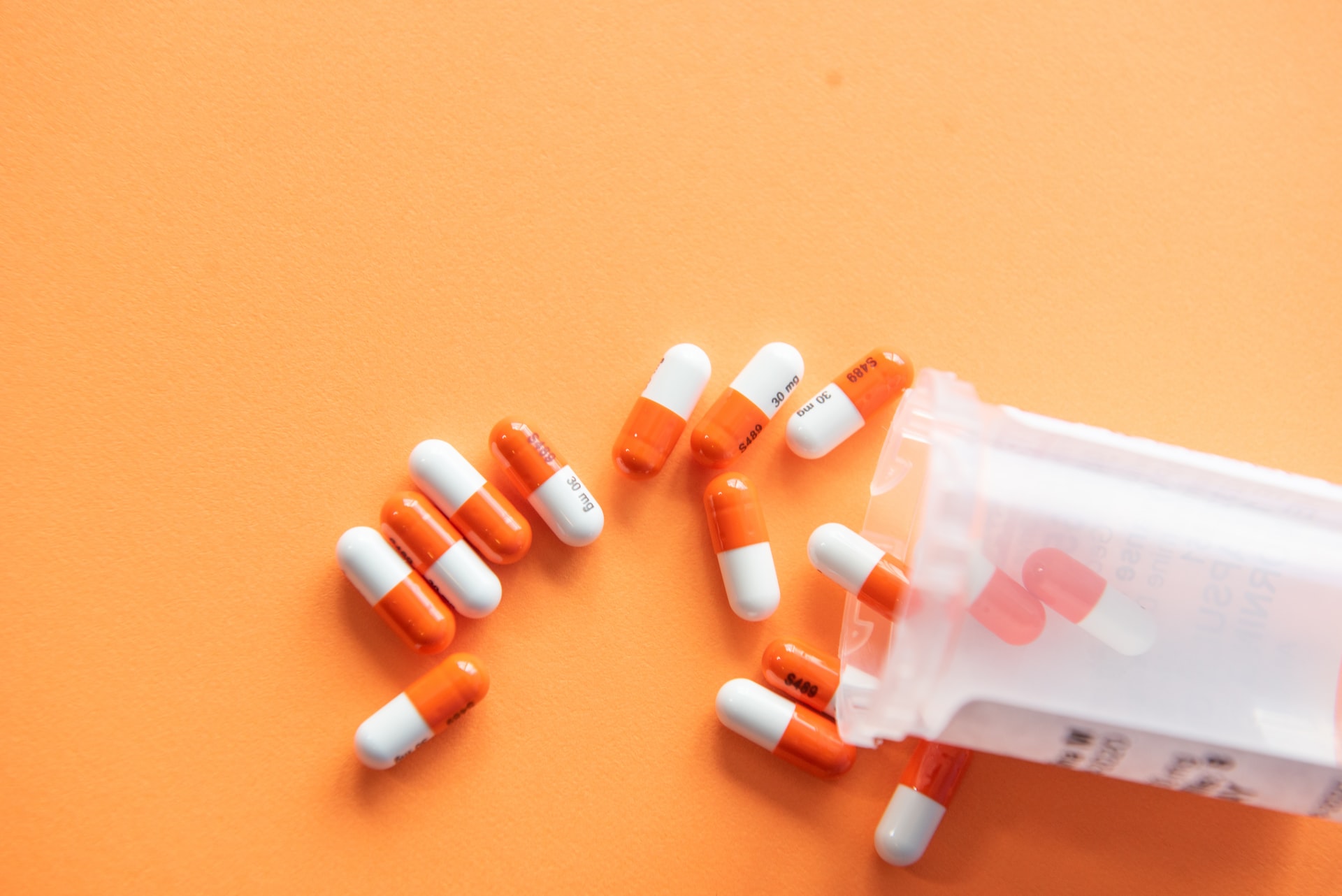
Diabetes
Diabetes can be a demanding, exhausting disease. At Ana Family Pharmacy, our goal is to help customize your treatment to fit your individual needs and preferences. We also offer free counseling to help you manage your medication, become as comfortable as possible with its administration, and to answer any questions you may have.

Runny Nose
Are you sneezing, or do you have a stuffy and runny nose?
You might have a cold. Antibiotics do not work against viruses that cause colds and will not help you feel better.
What is Common Cold?
A common cold is a mild upper respiratory illness that resolves in a short period of time.
Symptoms
Symptoms of a cold usually peak within 2 to 3 days and can include:
- Sneezing
- Nasal congestion
- Sore throat
- Cough
- Fever (although most people with colds do not have fever)
Some symptoms, especially runny or stuffy nose and cough, can last for up to 10 to 14 days. Those symptoms should improve over time.
Colds can have similar symptoms to flu. It can be difficult (or even impossible) to tell the difference between them based on symptoms alone.
Causes
More than 200 viruses can cause a cold, but rhinoviruses are the most common type. Viruses that cause colds can spread from person to person through the air and close personal contact.
When to Seek Medical Care
See a healthcare professional if you have:
- Trouble breathing or fast breathing
- Dehydration
- Fever that lasts longer than 4 days
- Symptoms that last more than 10 days without improvement
- Symptoms, such as fever or cough, that improve but then return or worsen
- Worsening of chronic medical conditions
This list is not all-inclusive. Please see a healthcare professional for any symptom that is severe or concerning
Talk to a healthcare professional right away if your child is under 3 months old with a fever of 100.4 °F (38 °C) or higher.
Treatment
There is no cure for a cold. It will get better on its own—without antibiotics. Antibiotics won’t help you get better if you have a cold.
When antibiotics aren’t needed, they won’t help you, and their side effects could still cause harm. Side effects can range from mild reactions, like a rash, to more serious health problems. These problems can include severe allergic reactions, antimicrobial-resistant infections and C. diff infection. C. diff causes diarrhea that can lead to severe colon damage and death.
How to Feel Better
- Get plenty of rest.
- Drink plenty of fluids.
- Use a clean humidifier or cool mist vaporizer.
- Use saline nasal spray or drops.
- For young children, use a rubber suction bulb to clear mucus.
- Breathe in steam from a bowl of hot water or shower.
- Use throat lozenges or cough drops. Do not give lozenges to children younger than 4 years of age.
- Use honey to relieve cough for adults and children at least 1 year of age or older.
Ask your doctor or pharmacist about over-the-counter medicines that can help you feel better. Always use over-the-counter medicines as directed. Remember, over-the-counter medicines may provide temporary relief of symptoms, but they will not cure your illness.
Remember, always read over-the-counter medicine product labels before giving medicines to children. Some over-the-counter medicines are not recommended for children of certain ages.
Pain relievers:
- Children younger than 6 months: only give acetaminophen.
- Children 6 months or older: it is OK to give acetaminophen or ibuprofen
- Never give aspirin to children because it can cause Reye’s syndrome. Reye’s syndrome is a very serious, but rare illness that can harm the liver and brain.
Cough and cold medicines:
- Children younger than 4 years old: do not use over-the-counter cough and cold medicines in young children unless a doctor specifically tells you to. Cough and cold medicines can result in serious and sometimes life-threatening side effects in young children.
- Children 4 years or older: discuss with your child’s doctor if over-the-counter cough and cold medicines are safe to give to your child.
Ask your doctor or pharmacist about the right dosage of over-the-counter medicines for your child’s age and size. Also, tell your child’s doctor and pharmacist about all prescription and over-the-counter medicines they are taking.
Prevention
You can help prevent colds by doing your best to stay healthy and keep others healthy:
- Clean your hands.
- Avoid close contact with people who have colds or other upper respiratory infections.
- Cover your mouth and nose when coughing or sneezing.
- Avoid touching your eyes, nose, and mouth with unwashed hands.
- Don’t smoke and avoid secondhand smoke.
- Stay at home while you are sick and keep children out of school or daycare while they are sick.
To learn more about antibiotic prescribing and use, visit www.cdc.gov/antibiotic-use.

Common Cold
Are Antibiotics Needed For My Child’s Runny Nose?
Q & A Guide for Parents
Are antibiotics needed for a runny nose?
No. Antibiotics do not work on viruses that cause colds or runny noses, even if the mucus is thick, yellow, or green.
A runny nose is a normal part of a cold. Your child’s doctor or nurse may prescribe other medicine or give you tips to help with symptoms like fever and cough.
When the viruses that cause colds first infect the nose and sinuses, the nose makes clear mucus. This helps wash the virus from the nose and sinuses. After two or three days, the body’s immune system fights back, changing the mucus to a white or yellow color. When bacteria that normally live in the nose grow back during the recovery phase, they then change the mucus to a greenish color. This is all normal and does not mean your child needs antibiotics.
Why not just try antibiotics?
When antibiotics aren’t needed, they won’t help and could even cause harm. Taking antibiotics creates resistant bacteria. Antibiotic resistance occurs when bacteria develop the ability to defeat the drugs designed to kill them. Any time antibiotics are used, they can cause side effects and can lead to antibiotic resistance. Side effects of antibiotics can include rash, dizziness, stomach problems, and yeast infections.
How can I help my child feel better?
Contact your child’s doctor or nurse for advice on treatment appropriate for your child. In general, consider these other tips:
- Make sure they rest and drink plenty of fluids.
- Use a clean humidifier or cool mist vaporizer
- Use saline nasal spray or drops.
- For young children, use a rubber suction bulb to clear mucus
- Older children can breathe in steam from a bowl of hot water or shower.
- Use honey to relieve cough (if your child is at least 1 year old).
- Ask your child’s doctor or pharmacist about over-the-counter medicines that can help them feel better. Always use over-the-counter medicines as directed. Remember, over-the-counter medicines may provide temporary relief of symptoms, but they will not cure your child’s illness.
Improving the way we take antibiotics can help fight antibiotic resistance and ensure that lifesaving
antibiotics will be available for future generations.

